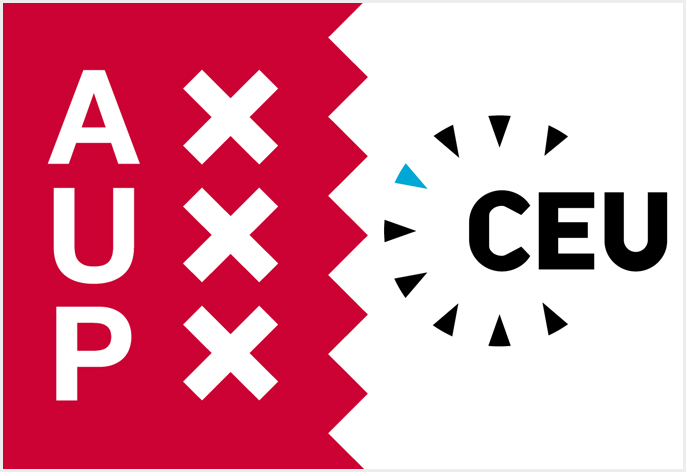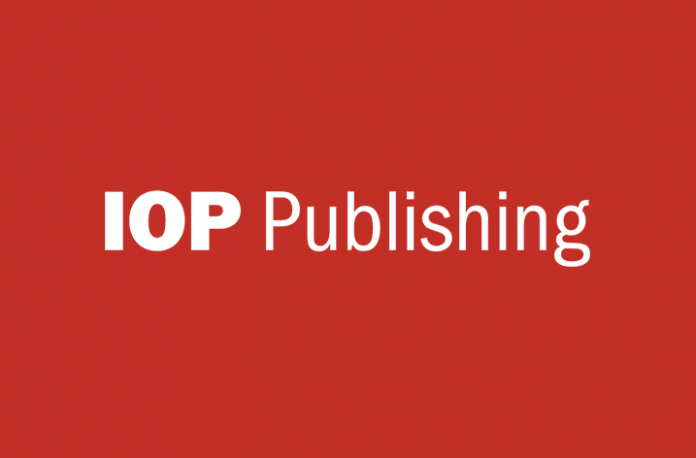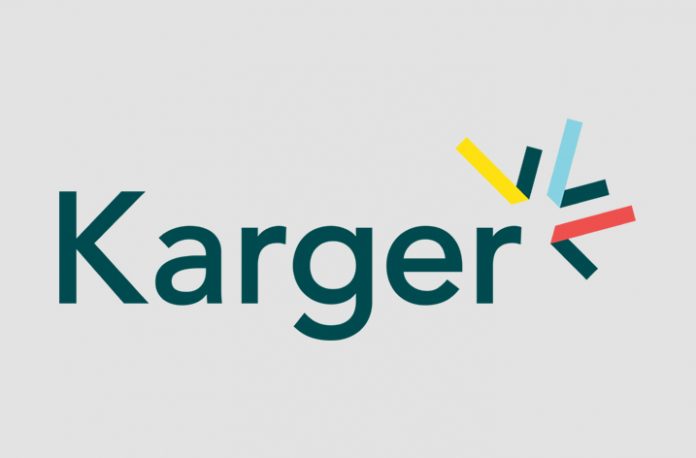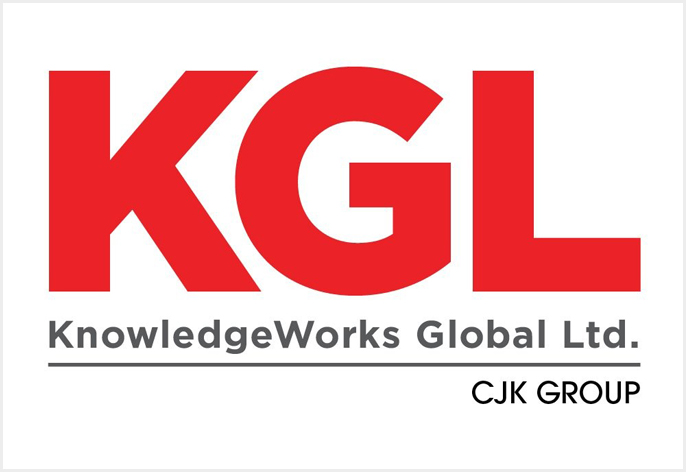IEEE, the world’s largest technical professional organization advancing technology for humanity, announced today that its journals once again excelled in the journal citation rankings according to the latest Journal Citation Reports™ from Clarivate Analytics and CiteScore™ metrics by Scopus, both released in June 2024. The latest results demonstrate a collective and consistent high-level of performance across IEEE publications in a wide range of technologies in both open access and hybrid journals. In addition, several IEEE journals were ranked at the top of their respective fields.
Journal Rankings by Impact Factor
Journal Impact Factor™ (JIF) is widely used by many in the technical community to compare the impact of scholarly research journals. Journal Impact Factor calculates the average number of times articles from a journal published in the past two years have been cited in the JCR year. In the most recent JCR, a wide range of IEEE publications were among the most-cited journals in multiple categories:
● 21 of the top 25 journals in Electrical & Electronic Engineering
● 13 of the top 15 journals in Telecommunications
● 5 of the top 10 journals in Computer Science, Artificial Intelligence
● 5 of the top 10 journals in Imaging Sciences
● 4 of the top 5 journals in Automation and Control systems
● 3 of the top 5 journals in Computer Science, Cybernetics
● 3 of the top 5 journals in Computer Science, Hardware & Architecture
● 3 of the top 5 journals in Computer Science, Information Systems
Top Ranked Journals in Several JCR Categories
The following are examples of IEEE journals that ranked highly in their respective categories:
● IEEE Communications Surveys and Tutorials – #1 in Telecommunications, #1 in Information Systems (JIF: 34.4)
● IEEE Geoscience and Remote Sensing Magazine – #1 in Imaging Science, #1 in Remote Sensing (JIF 16.2)
● IEEE/CAA Journal of Automatica Sinica – #1 in Automation and Control (JIF: 15.3)
● IEEE Transactions on Affective Computing – #1 in Cybernetics (JIF: 9.6)
● Proceedings of the IEEE – # 2 in Electrical Engineering (JIF: 23.2)
● IEEE Transactions on Pattern Analysis and Machine Intelligence – #2 in Artificial Intelligence, #3 in Electrical Engineering (JIF 20.8)
● IEEE Journal on Selected Areas in Communication – #2 in Telecommunications (JIF 13.8)
● IEEE Wireless Communications – #2 in Computer Science, Hardware and Architecture, #3 in Telecommunications (JIF: 10.9)
Journal Rankings by CiteScore
CiteScore is a widely accepted citation metric developed from Elsevier’s Scopus data. The 2023 CiteScore divides the total number of citations to peer-reviewed articles in a journal in 2020-2023 by the total number of peer-reviewed articles published in the journal over the same period. In the most recent CiteScore report by Scopus, IEEE publications were consistently listed among the most-cited journals in multiple categories:
● 10 of the top 20 journals in Electrical Engineering
● 9 of the top 20 journals in Computer Networks and Communications
● 7 of the top 20 journals in Signal Processing
● 8 of the top 20 journals in Computer Software
● 3 of the top 5 journals in Computational Theory and Mathematics
● 3 of the top 5 journals in Automotive Engineering
● 3 of the top 5 journals in Applied Mathematics
● 3 of the top 5 journals in Control & Systems Engineering
● 2 of the top 5 journals in Acoustics and Ultrasonics
Top Ranked Journals in Several CiteScore Categories
Following are examples of IEEE journals that ranked highly in their respective categories:
● IEEE Communications Surveys and Tutorials – #1/797 in Electrical and Electronic Engineering (CiteScore: 80.2)
● Proceedings of the IEEE – #1/232 in General Computer Science, #4/797 in Electrical and Electronic Engineering (CiteScore 46.4)
● IEEE Transactions on Pattern Analysis and Machine Intelligence – #1/635 title in Applied Mathematics, #1/213 in Computational Theory and Mathematics (CiteScore: 28.4)
● IEEE Signal Processing Magazine – #2/635 in Applied Mathematics, #2/122 in Signal Processing (CiteScore: 27.2)
● IEEE Transactions on Evolutionary Computation – #2/213 in Computational Theory and Mathematics, #3/130 in Theoretical Computer Science (CiteScore 21.9)
● IEEE Geoscience and Remote Sensing Magazine – #2/141 in Instrumentation, #3/195 in Earth and Planetary Sciences (CiteScore: 20.5)
● IEEE Journal on Selected Areas in Communications – #3/395 in Computer Networks and Communications (CiteScore: 30.0)
● IEEE Transactions on Intelligent Transportation Systems – #3/125 in Automotive Engineering (CiteScore: 14.8)
“In addition to publisher reputation and readership, these rankings are one of several methods available to researchers in deciding where they would like to publish their research,” said Sergio Benedetto, IEEE Vice President-Publication Services and Products. “The latest results demonstrate the important role that IEEE publications play in supporting the IEEE mission to disseminate critical new information to the global community of millions of IEEE Xplore® users. I would like to thank all of our many authors, reviewers, and editors for their important contributions helping IEEE publish the highest quality information in the field.”
First Impact Factors for New Fully Open Access Journals
IEEE also announced that two more of IEEE’s recently launched fully open access journals were accepted for indexing by Clarivate and received their first Journal Impact Factors. The IEEE Journal of Microwaves and the IEEE Open Journal of Industry Applications were both awarded their first Journal Impact Factors and accepted into the Web of Science Core Collection™ in 2024. This is in addition to 12 other IEEE fully open access journals that received their first Journal Impact Factors in 2023.
Additional Journal Bibliometrics
IEEE also monitors other common bibliometric journal measurements such as Article Influence® Score and Eigenfactor®. Although calculated differently than Impact Factor and CiteScore, IEEE journals rank highly in those additional citation measurements as well:
● IEEE Access, IEEE’s largest fully open access publication, is ranked as the No. 1 journal by Eigenfactor in Electrical Engineering and Telecommunications. IEEE has 9 of the top 10 journals in Electrical Engineering by Eigenfactor Score.
● IEEE Transactions on Pattern Analysis and Machine Intelligence was ranked as the No. 1 journal by Eignefactor in Artificial Intelligence. This was followed by IEEE Transactions on Neural Networks and Learning Systems, IEEE Transactions on Cybernetics and IEEE Transactions on Image Processing, respectively, taking the top 4 spots in the AI category.
● IEEE publishes 8 of the top 10 journals in Electrical Engineering and 9 of the top 10 journals in Telecommunications as calculated by Article Influence Score.
For more detailed information on IEEE rankings and how each bibliometric measurement is calculated, please see the full results.































